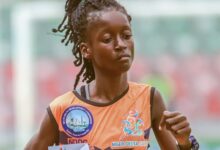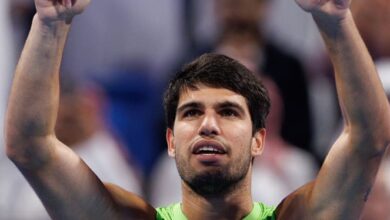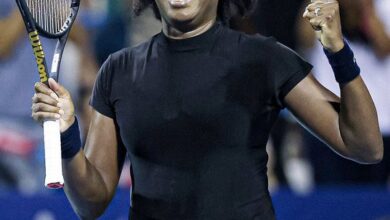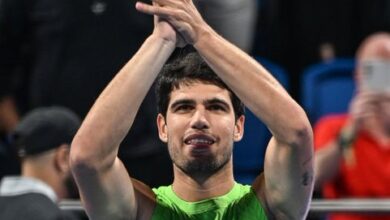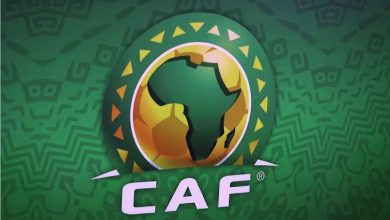NFF details hostile treatment of Super Eagles by Libyan authorities
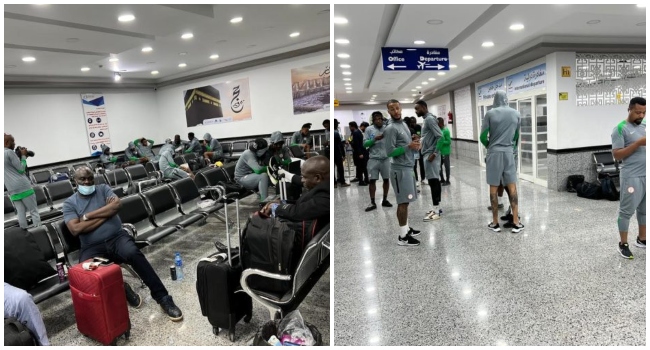
The Director of Communications for the Nigeria Football Federation (NFF), Dr. Ademola Olajire, has revealed a detailed account of how the highly anticipated AFCON 2025 qualifier between the Super Eagles of Nigeria and Libya was derailed due to gross mistreatment by Libyan authorities. The NFF’s account sheds light on the events that led to the cancellation of the fixture, following a chaotic and hostile reception in Libya.
According to Olajire, the Super Eagles left Uyo aboard a chartered ValueJet aircraft on Sunday, 13th October 2024, making a brief stop in Kano to complete immigration formalities and refuel. The flight departed Kano at 15:18 hours and was scheduled to land in Benghazi, Libya, at approximately 8:00 pm local time. However, events took a disastrous turn when the Libyan control tower instructed the Nigerian aircraft to divert to Al-Abraq International Airport in the small town of Labraq, despite the plane being low on fuel and lacking landing support at the new destination.
Upon landing at 19:50 hours, the delegation quickly realized that Al-Abraq International Airport was poorly equipped, lacking basic facilities such as scanning machines, which were substituted with mobile phones for scanning passport data. The delegation, which included 22 players, team officials, NFF dignitaries, and media representatives, was met with curt and hostile treatment from the airport staff. The situation worsened as there were no vehicles to transport the team to Benghazi, despite the NFF having already booked hotel rooms.
Repeated calls to Libyan Football Federation (LFF) officials, including General Secretary Mr. Abdul-Nasser, proved futile as promises of transport were repeatedly delayed and eventually ignored. As the night progressed, the delegation was left stranded without food, water, or access to the internet, with mounting frustrations among players and officials.
The NFF later learned that Libyan officials had been instructed by “higher authorities” to deliberately delay the Nigerian team as a retaliatory measure for perceived mistreatment of their team during the first leg in Nigeria. The NFF refuted these claims, highlighting that the Libyan team had opted to travel by road from Port Harcourt to Uyo despite advice to avoid night travel, and had been provided with security and training facilities upon their arrival.
NFF President Alh. Ibrahim Musa Gusau expressed disappointment, labeling the situation as despicable and contrary to the spirit of football, which is meant to foster unity and goodwill among nations.
The harsh conditions took a toll on the Super Eagles players, with Captain William Troost-Ekong meeting with the NFF officials at 2:00 am to inform them that the team could not proceed with the match due to fatigue, dehydration, and illness. The players had suffered trauma from the long wait without food or water, and some had fallen ill as a result.
In response to the ordeal, the NFF dispatched a formal complaint to CAF, providing detailed evidence of the Libyan authorities’ actions and requesting that the match be cancelled and appropriate sanctions imposed on Libya. The NFF also highlighted the lack of support from Libyan football officials throughout the entire process.
At daybreak, the team received a small amount of food from the Nigerian community in Eastern Libya, but it was ultimately decided that the Super Eagles would not proceed with the match. The team departed Al-Abraq Airport later that afternoon, returning to Nigeria to await CAF’s decision on the unplayed match.
The NFF has strongly condemned the Libyan authorities’ conduct and expressed hope that CAF will take decisive action in response to the mistreatment

